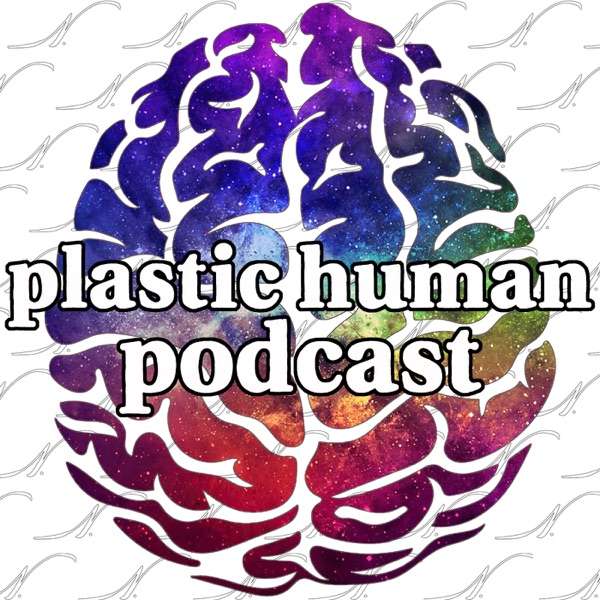Glucose is the main source of energy for all forms of life, but it isn’t usually stored as individual C6H12O6 molecules. Animals use glycogen to do that job. Glycogen is a large branched polymer of glucose molecules, linked together by α-1,4 and α-1,6 glycosidic bonds. The liver and muscles break down the stored glycogen whenever the body needs an extra boost of glucose.
Glycogen storage diseasesare genetic defects in glycogen metabolism resulting in accumulation of glycogen. What happens when macromolecules accumulate in cells? Cell damage and dysfunction.
Because the liver and muscles are the two main organs that use glycogen, they are also the two most affected by glycogen storage diseases. In the liver, glycogen accumulation leads to hypoglycemia since the glycogen can’t be broken down to glucose. Damage to the liver from extra glycogen can also lead to liver failure or even liver cancers. In the muscles, glycogen accumulation causes weakness, exercise intolerance, and potentially heart failure.
There are at least 12 distinct glycogen storage diseases, but we’ll cover only the 4 most common ones.
After listening to this Audio Brick, you should be able to:
- Identify the most common glycogen storage diseases: von Gierke disease (type 1), Pompe disease (type 2), Cori disease (type 3), and McArdle disease (type 5).
- Identify the enzymes deficient in each of the most common glycogen storage diseases.
- Describe the clinical manifestations of each of the most common glycogen storage diseases.
- Describe management for each of the most common glycogen storage diseases.
You can also check out the original brick from our Cellular and Molecular Biology collection, which is available for free.
Learn more about Rx Bricks by signing up for a free USMLE-Rx account: www.usmle-rx.com
You will get 5 days of full access to our Rx360+ program, including nearly 800 Rx Bricks. After the 5-day period, you will still be able to access over 150 free bricks, including the entire collections for General Microbiology and Cellular and Molecular Biology.
***
If you enjoyed this episode, we’d love for you to leave a review on Apple Podcasts. It helps with our visibility, and the more med students (or future med students) listen to the podcast, the more we can provide to the future physicians of the world.
Follow USMLE-Rx at:
Facebook: facebook.com/usmlerx
Blog: usmle-rx.com/blog-posts
X: @usmle_rx_
Instagram: @usmle_rx_
YouTube: youtube.com/USMLERX
Learn how you can access over 150 of our bricks for FREE: https://usmle-rx.com/free-bricks/
from our Musculoskeletal, Skin, and Connective Tissue collection, which is available for free.
Learn more about Rx Bricks by signing up for a free USMLE-Rx account: www.usmle-rx.com
You will get 5 days of full access to our Rx360+ program, including nearly 800 Rx Bricks. After the 5-day period, you will still be able to access over 150 free bricks, including the entire collections for General Microbiology and Cellular and Molecular Biology.

 Our TOPPODCAST Picks
Our TOPPODCAST Picks  Stay Connected
Stay Connected







